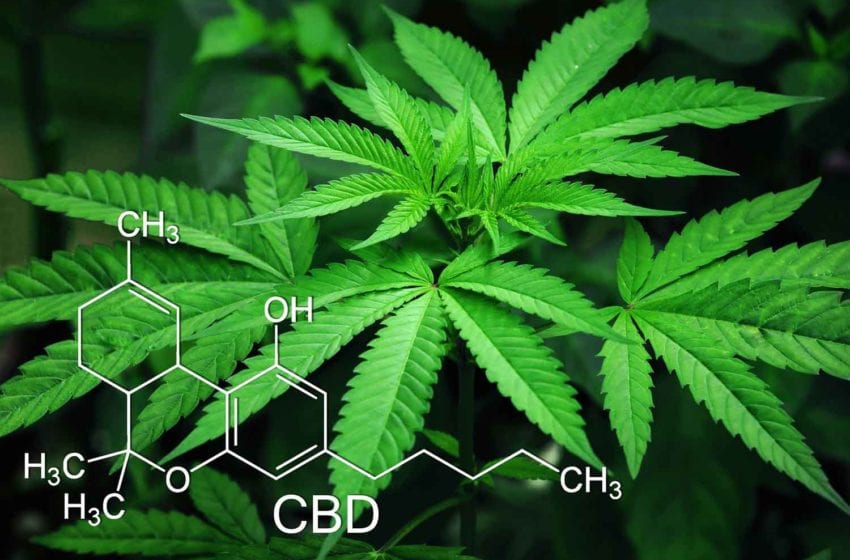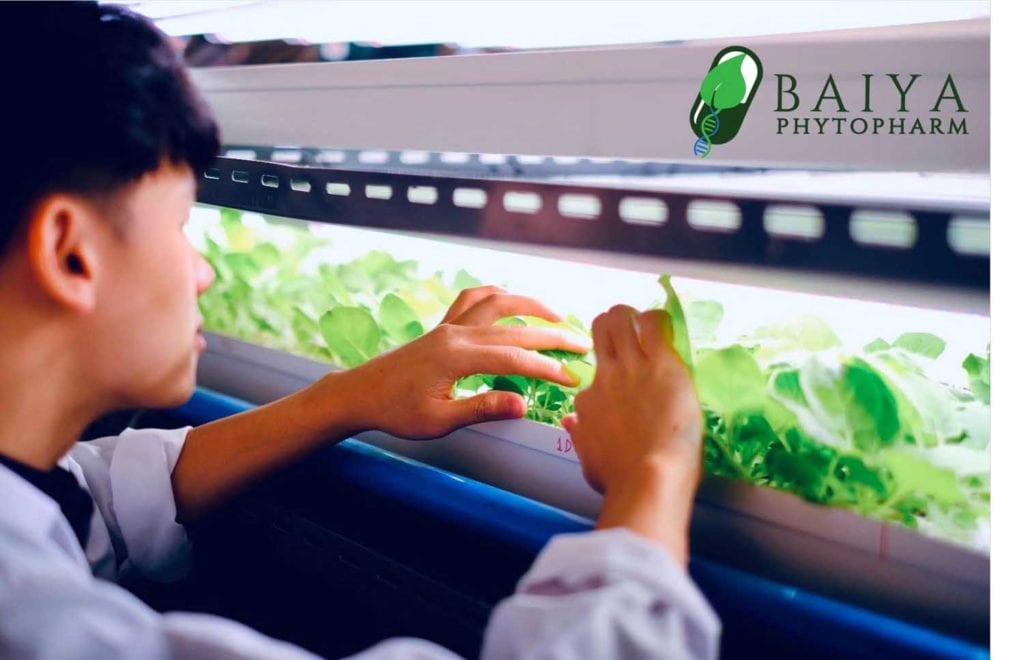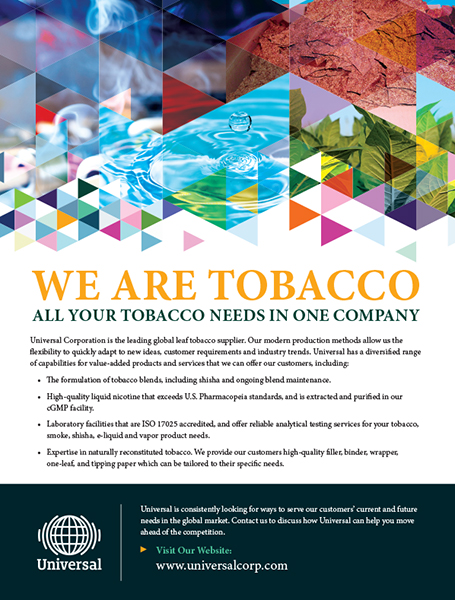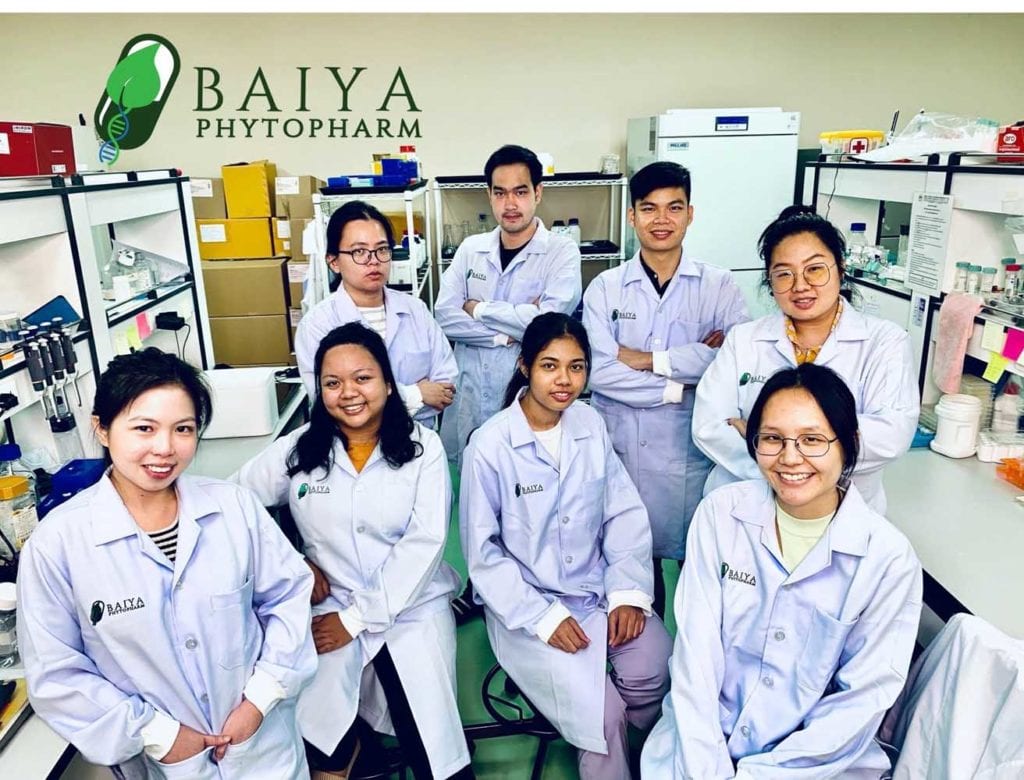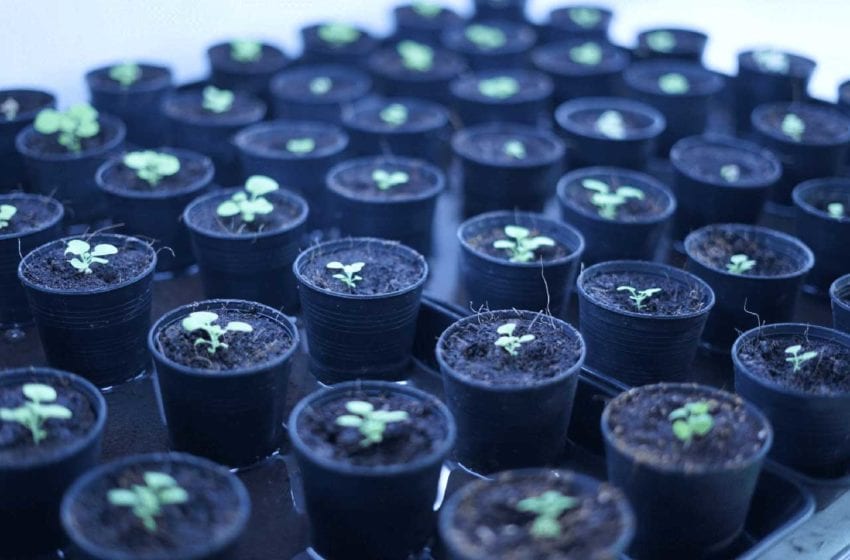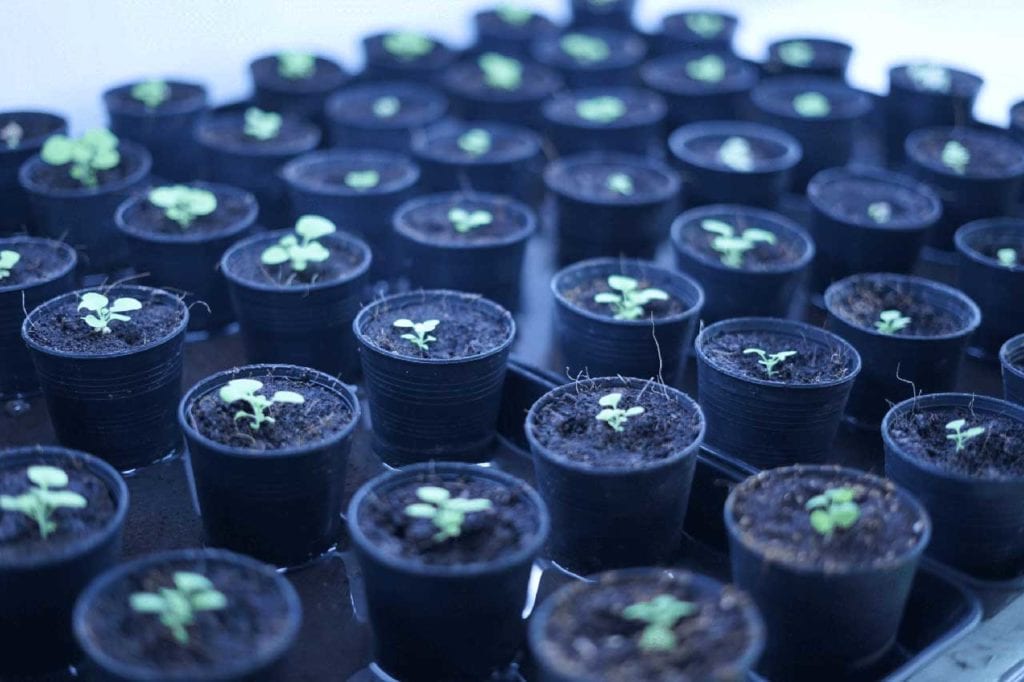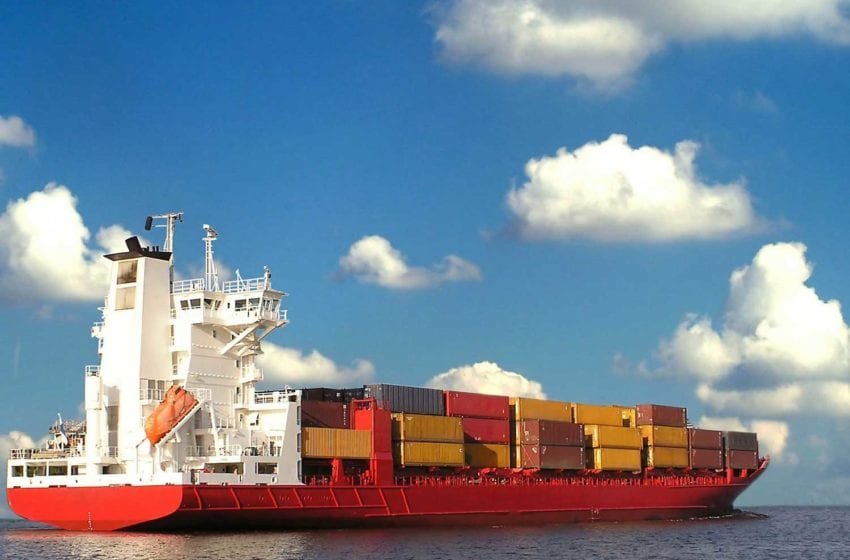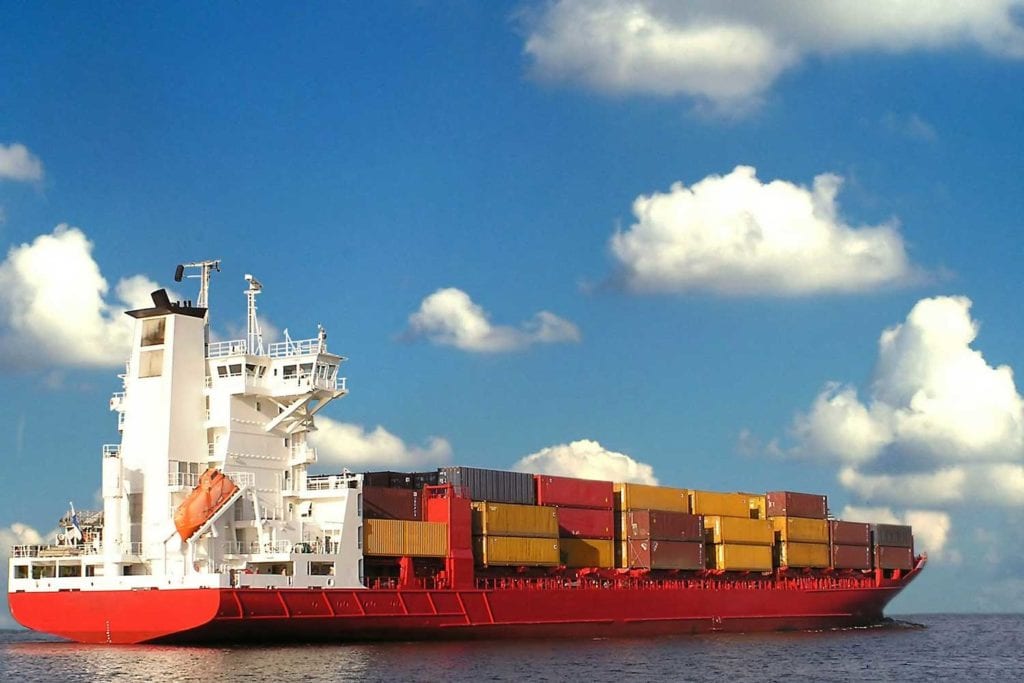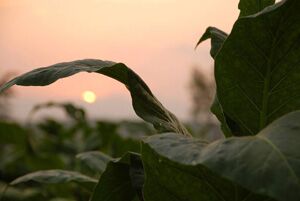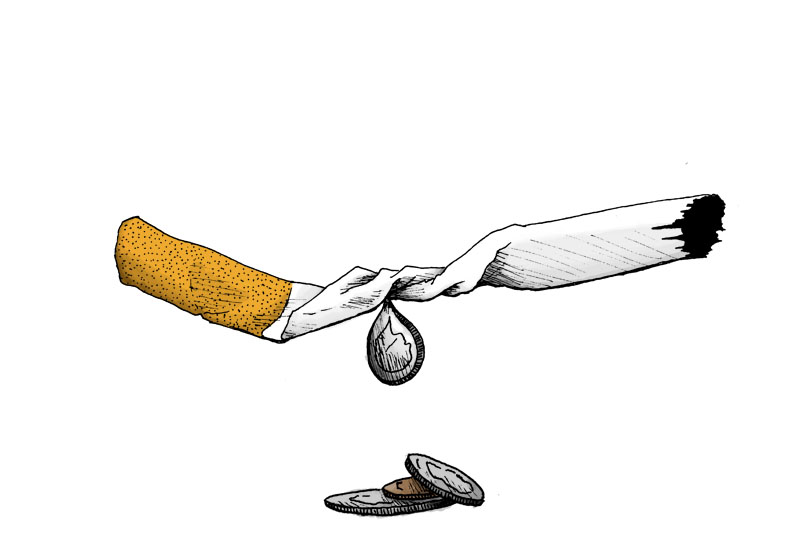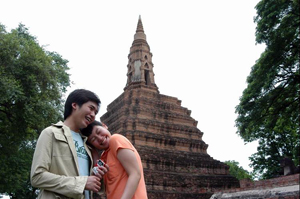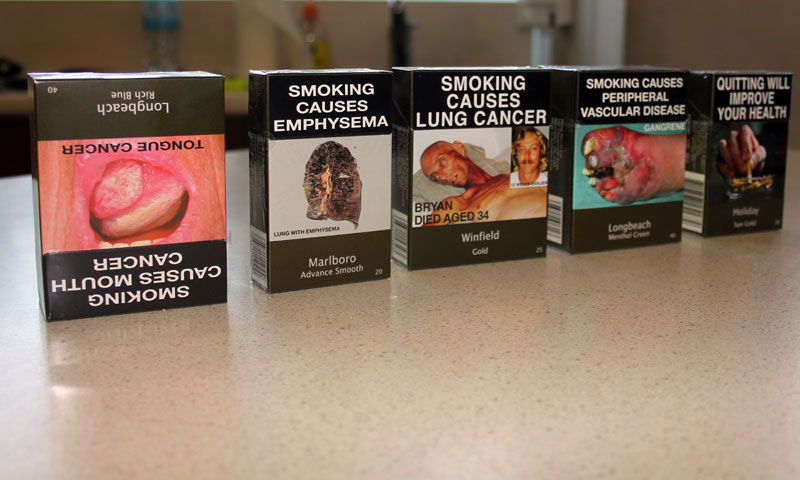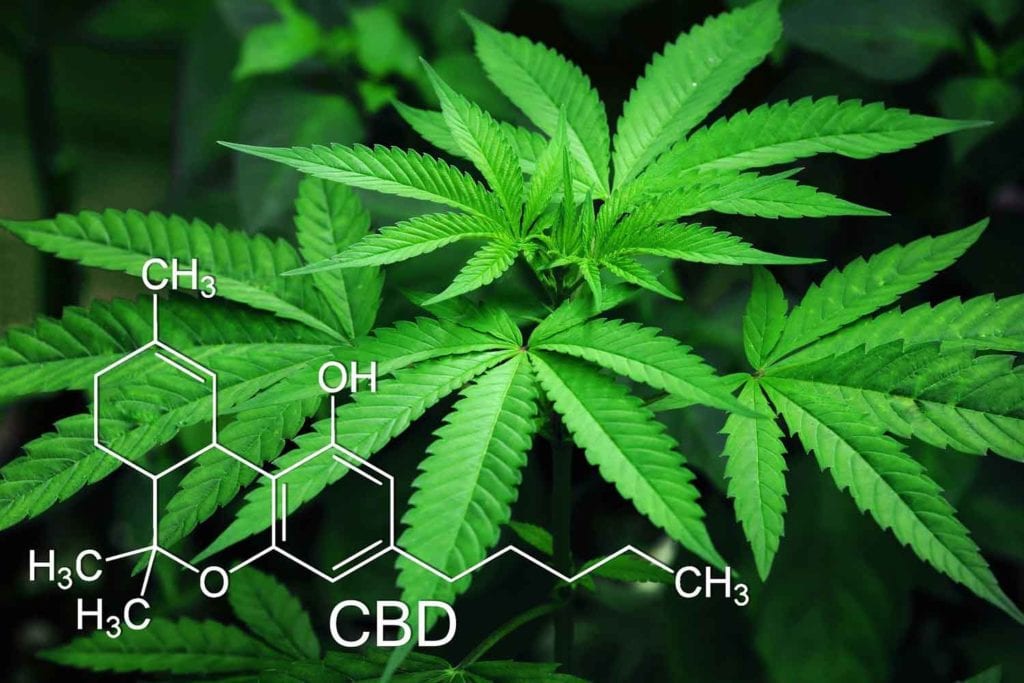
The Tobacco Authority of Thailand (TOAT) is hoping that sales of cannabis and hemp extracts will help compensate for deteriorating income from tobacco production, reports the Bangkok Post.
The TOAT is drafting a ministerial regulation to give the organization the authority to grow and produce extracts from cannabis and hemp, which can be used in medicine and cosmetics, said TOAT governor Panuphol Rattanakanjanapatra.
Although the Tobacco Act stipulates TOAT can produce tobacco leaves and other plants, clarity is needed on TOAT conducting R&D on cannabis and hemp for commercial purposes.
The business value of cannabis and hemp could reach tens of billions of baht, according to Panuphol.
At present, a two-tier system is applied for excise duties levied on cigarettes. A 20 percent tax rate is applied to the retail price for packs costing up to THB60 ($1.95).
If the retail price exceeds THB60 per pack, a 40 percent tax rate is applied.
A flat tax rate of 40 percent was scheduled to be applied in October 2019, regardless of the retail price, but there has been opposition from the authority and tobacco farmers.

